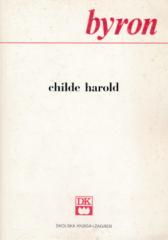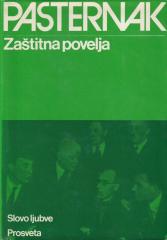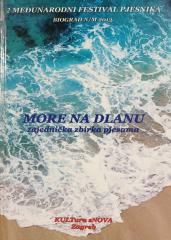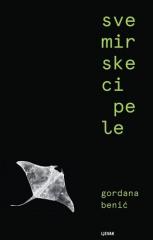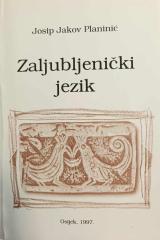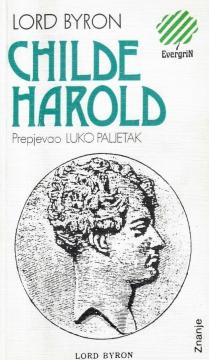
Childe Harold
A romantic epic poem in four cantos that brought Lord Byron worldwide fame. The work follows a young aristocrat, Harold, who, disillusioned with society and his own life, embarks on a journey through Europe in search of meaning and spiritual fulfillment.
Harold visits Portugal, Spain, Greece, Albania, Italy and other countries, where he observes historical and cultural remains, natural beauties, but also the consequences of wars and political turmoil. The journey allows him to think deeply about human nature, society, the collapse of civilizations and transience.
The central character, Harold, is actually Byron's alter ego – a typical "Byronic hero": melancholic, lonely, rebellious, despises social norms and seeks inner peace. The work abounds in autobiographical elements, philosophical reflections and comments on the social and political conditions of the time.
The poem is written in ottava rima, and the style is rich in images of nature, historical allusions and a romantic sense of sadness and longing. Byron expresses admiration for antiquity, freedom and heroism, especially in the context of Greece's struggle for independence.
One copy is available
